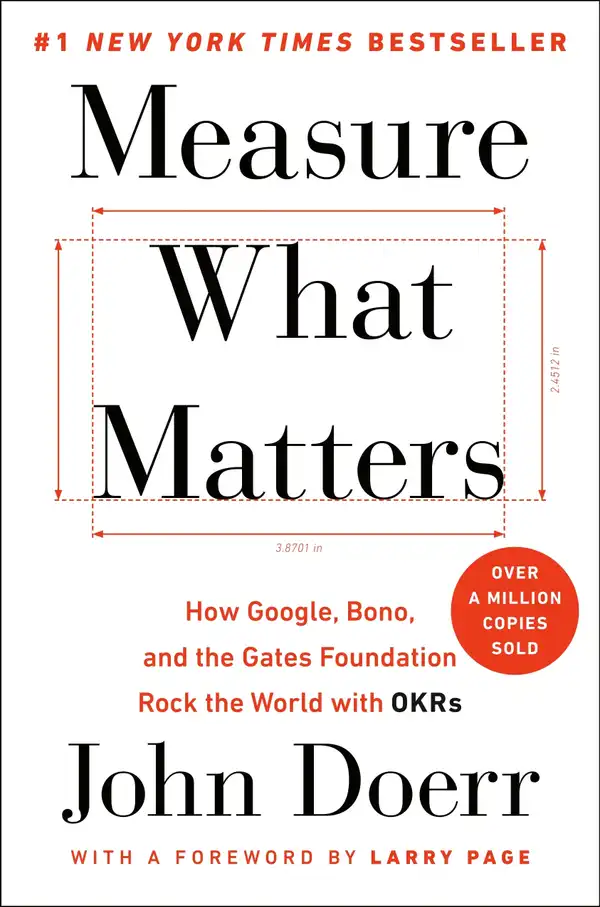←
Books

Measure What Matters

Table of contents
Nothing yet!
Links to
Nothing yet!
Nothing yet!
Linked from
Nothing yet!
Highlights
- An OBJECTIVE, I explained, is simply WHAT is to be achieved, no more and no less. By definition, objectives are significant, concrete, action oriented, and (ideally) inspirational.
- Tags: management okrs goals
- KEY RESULTS benchmark and monitor HOW we get to the objective. Effective KRs are specific and time-bound, aggressive yet realistic. Most of all, they are measurable and verifiable.
- Among experiments in the field, 90 percent confirm that productivity is enhanced by well-defined, challenging goals.
- A limit of three to five OKRs per cycle leads companies, teams, and individuals to choose what matters most. In general, each objective should be tied to five or fewer key results.
- To promote engagement, teams and individuals should be encouraged to create roughly half of their own OKRs, in consultation with managers.
- Tags: okrs management
- Even after company objectives are closed to debate, their key results continue to be negotiated. Collective agreement is essential to maximum goal achievement.
- Tags: goals management okrs
- To encourage risk taking and prevent sandbagging, OKRs and bonuses are best kept separate.
- The more ambitious the OKR, the greater the risk of overlooking a vital criterion. To safeguard quality while pushing for quantitative deliverables, one solution is to pair key results—to measure “both effect and counter-effect,”
- Tags: management okrs
- OKRs are inherently works in progress, not commandments chiseled in stone.

Table of contents
Nothing yet!
Links to
Nothing yet!
Nothing yet!
Linked from
Nothing yet!